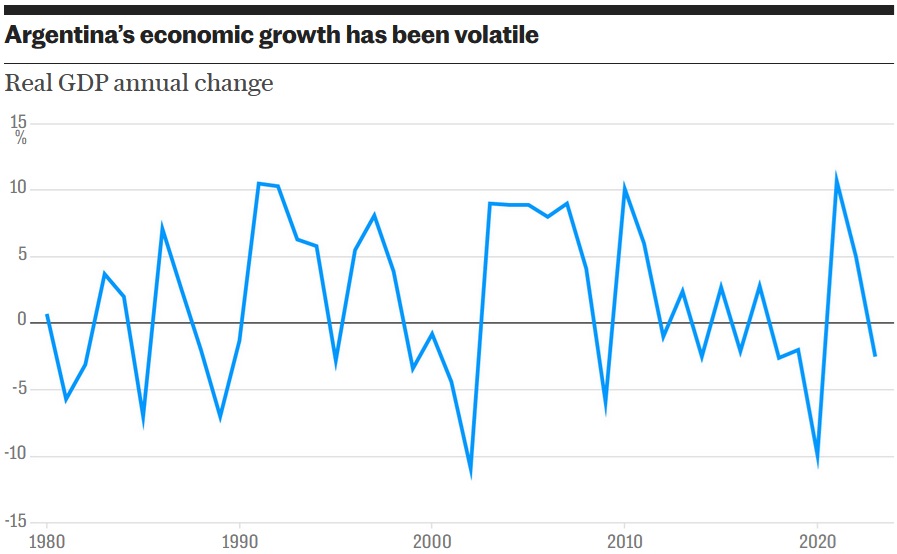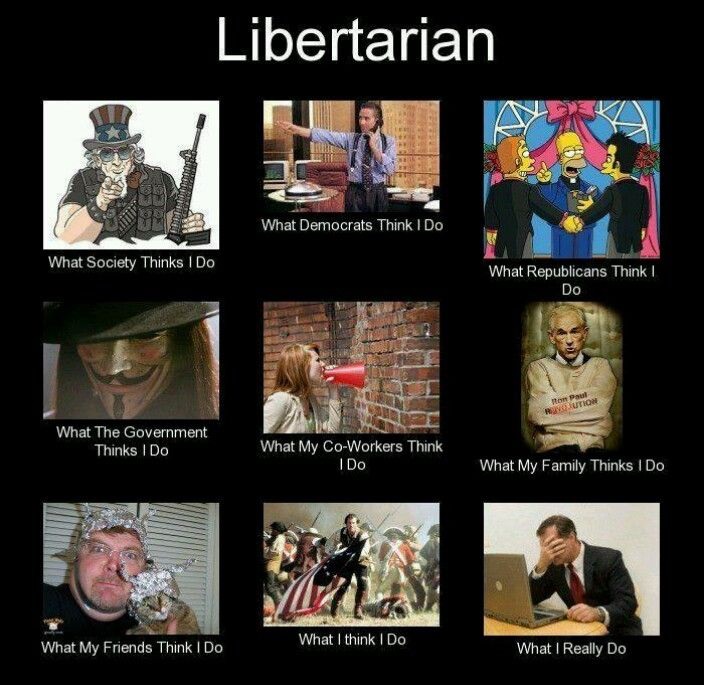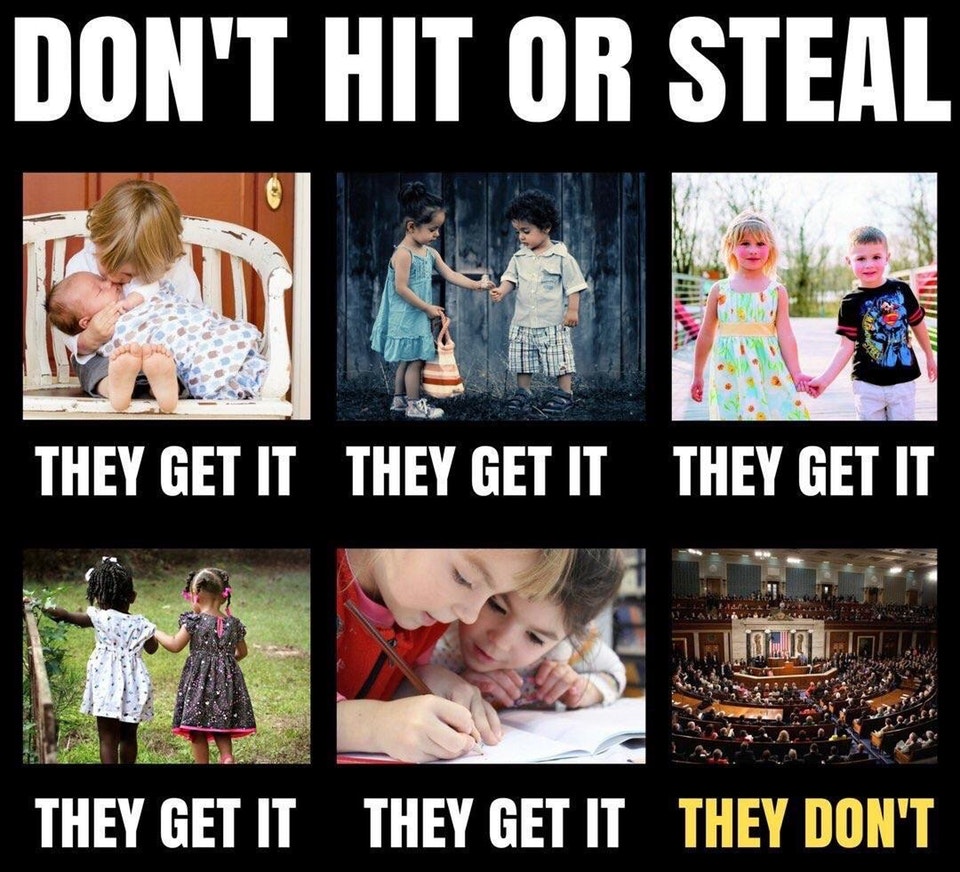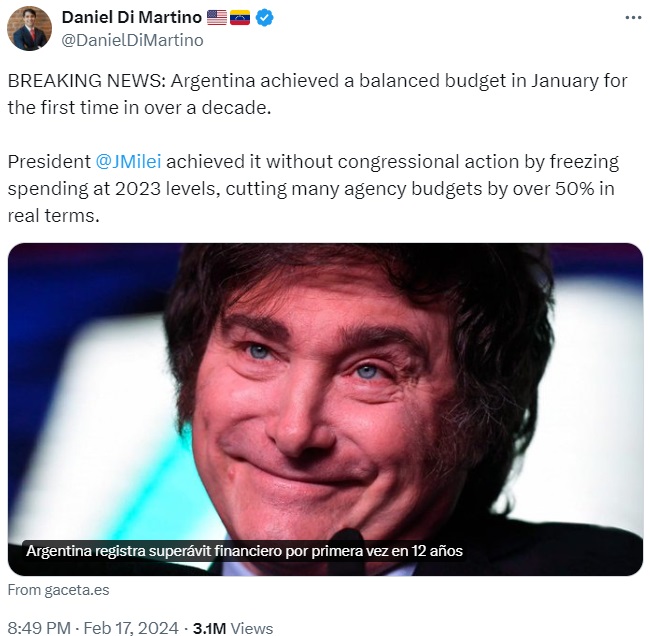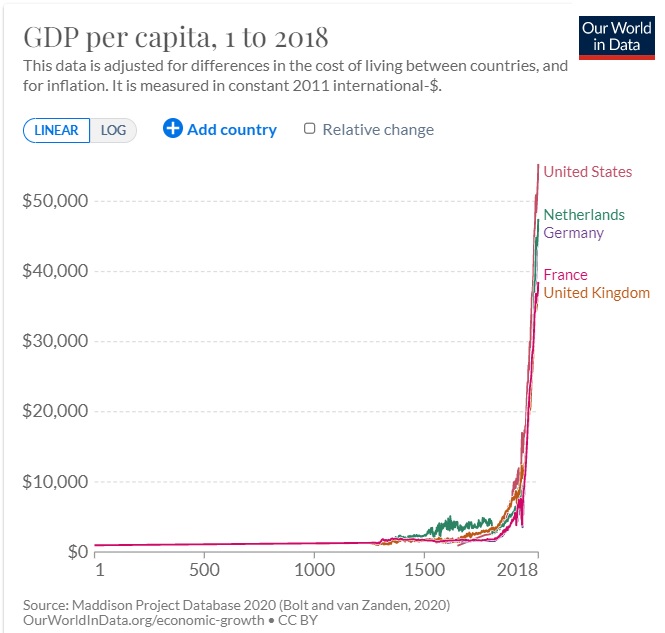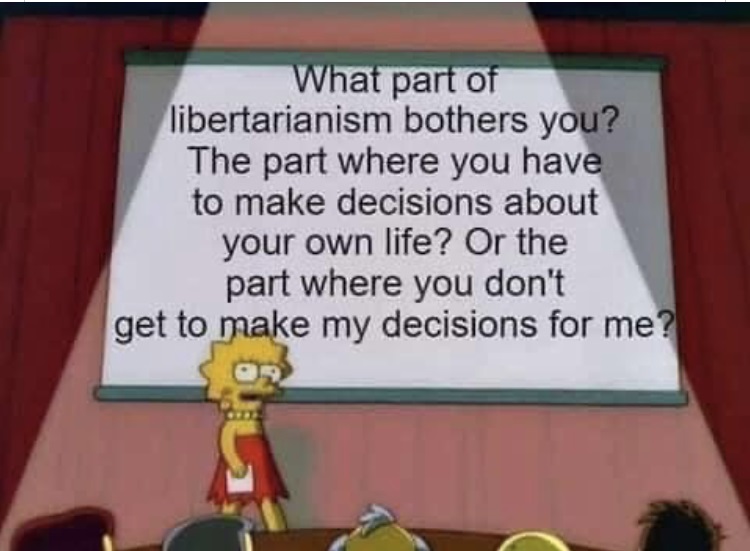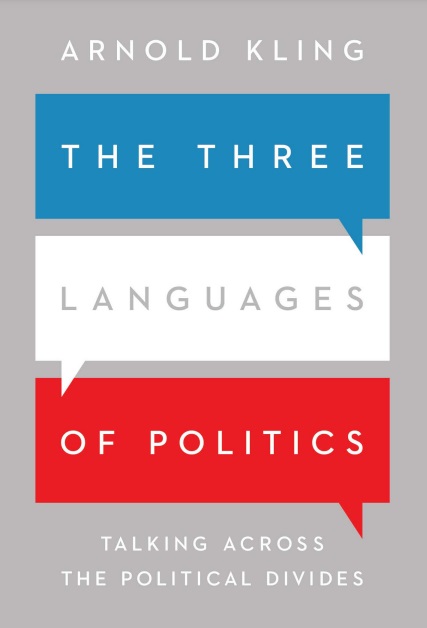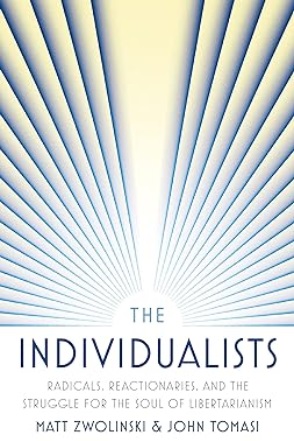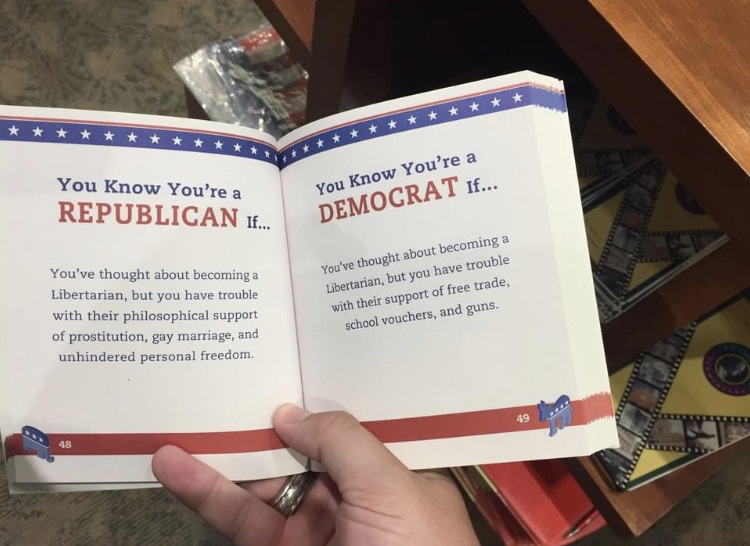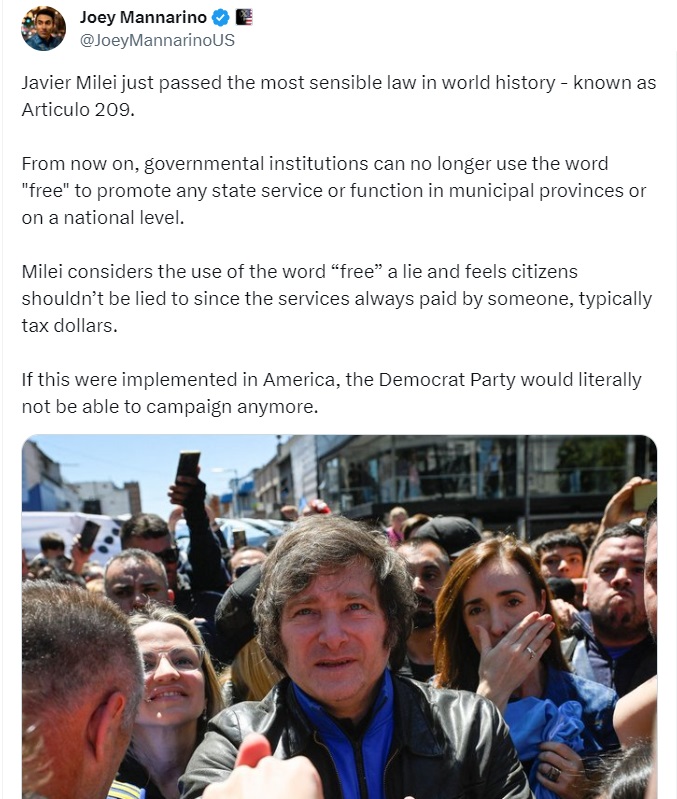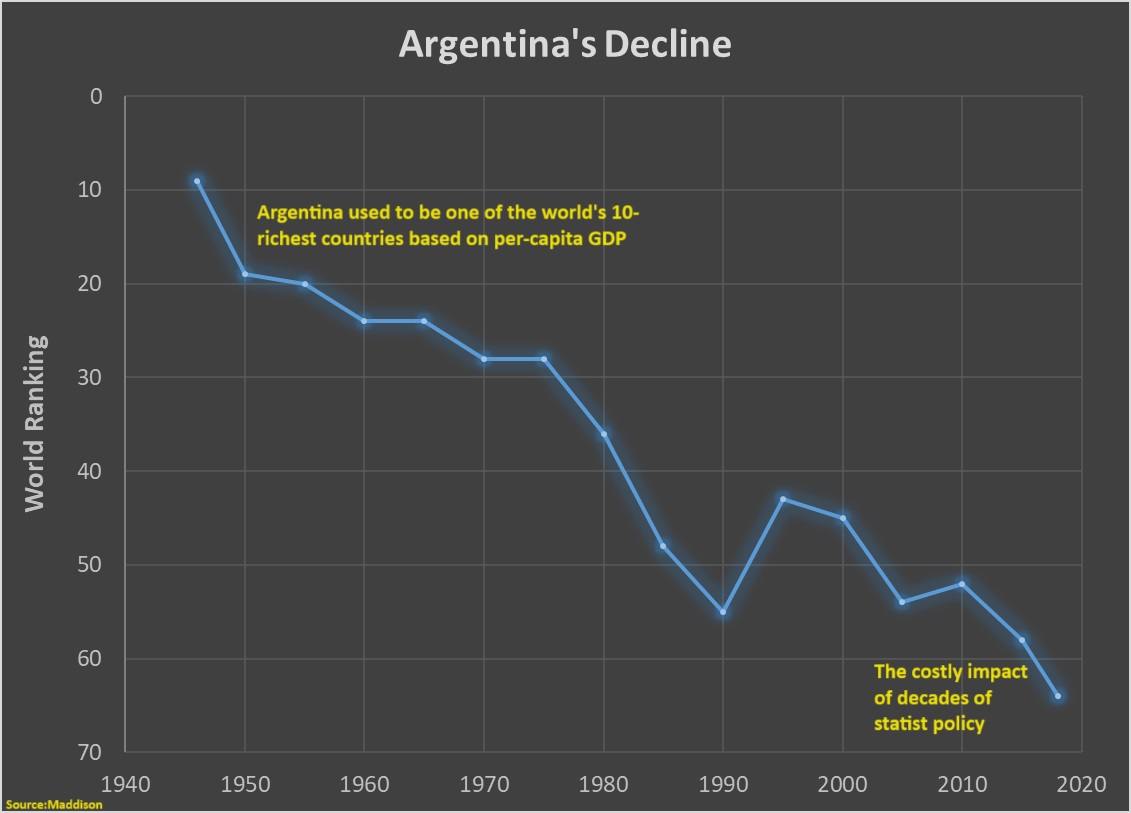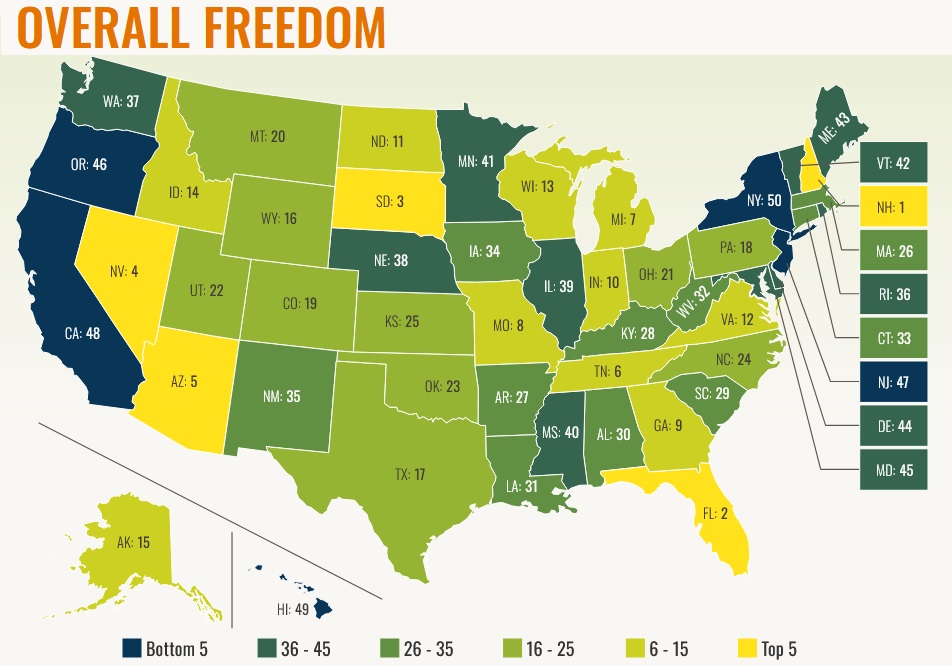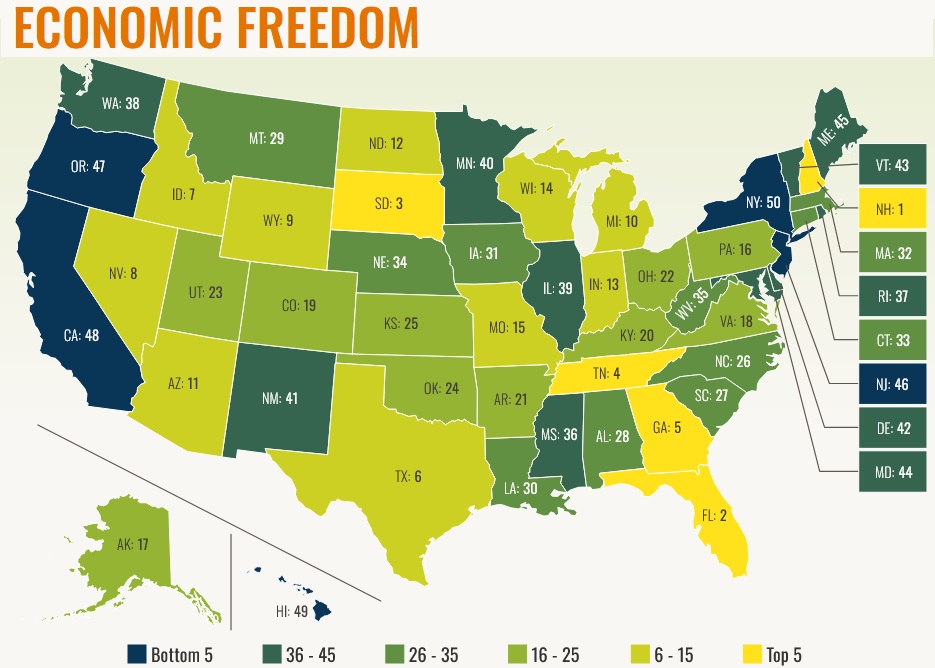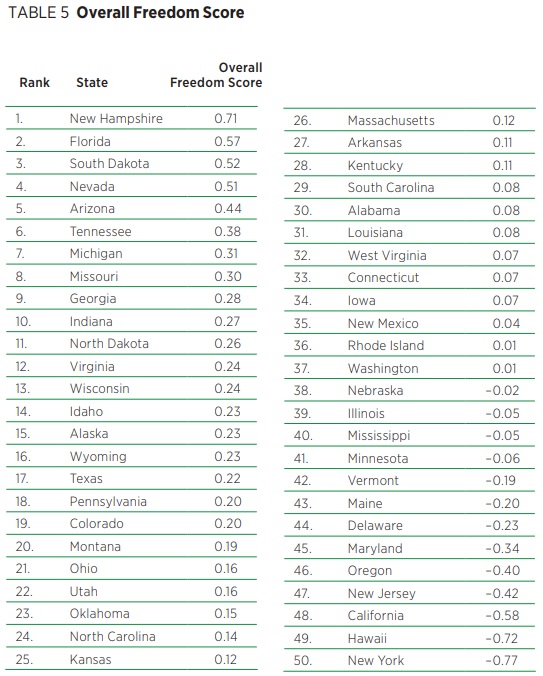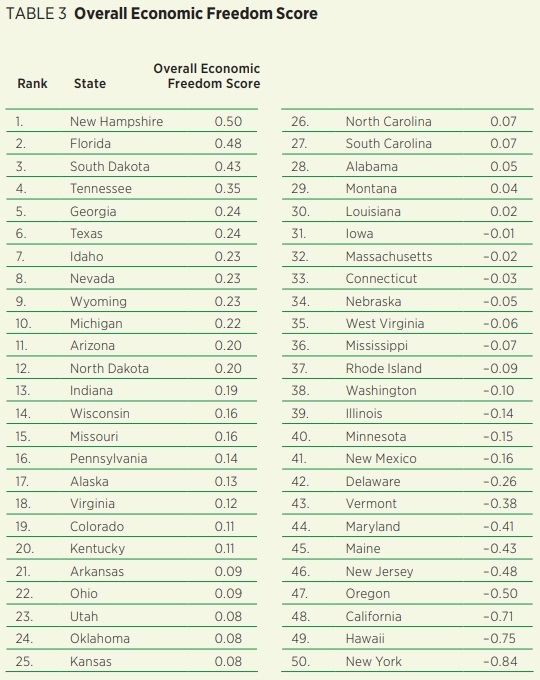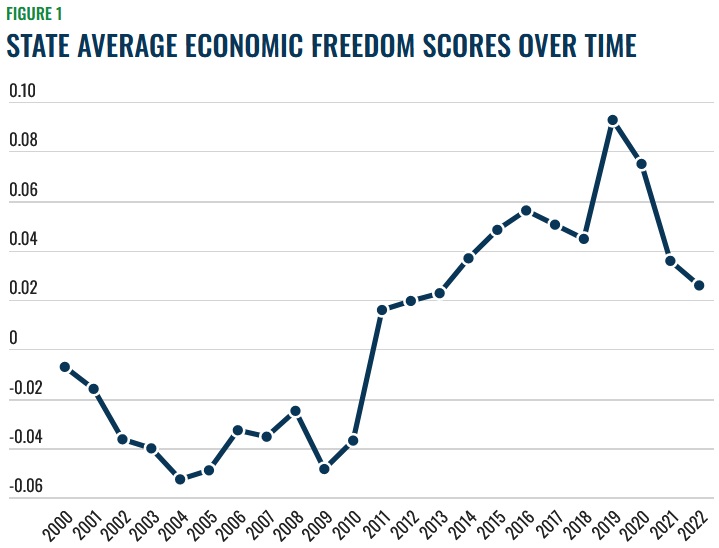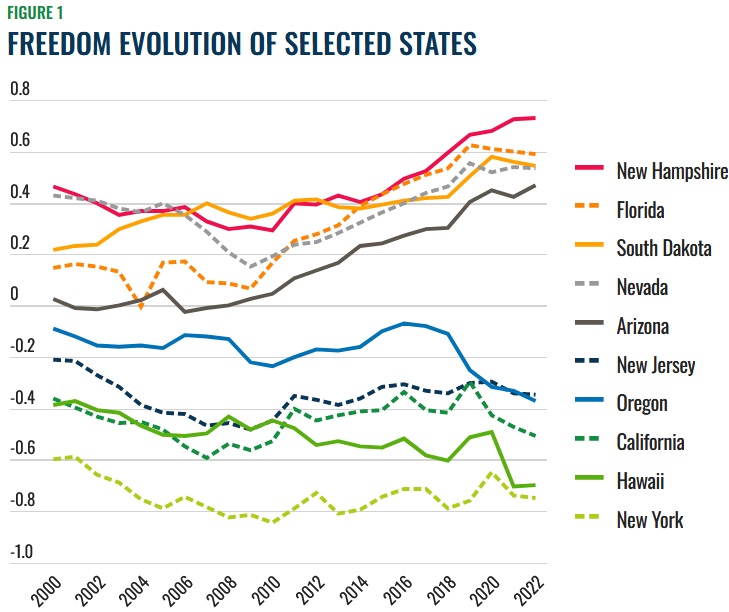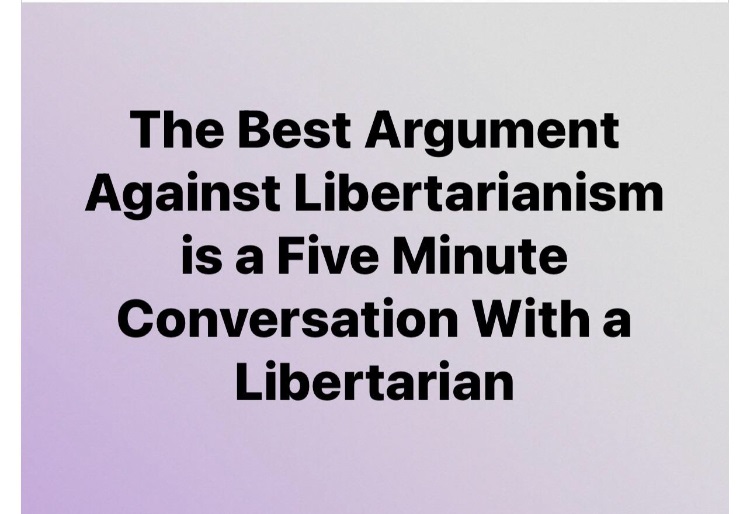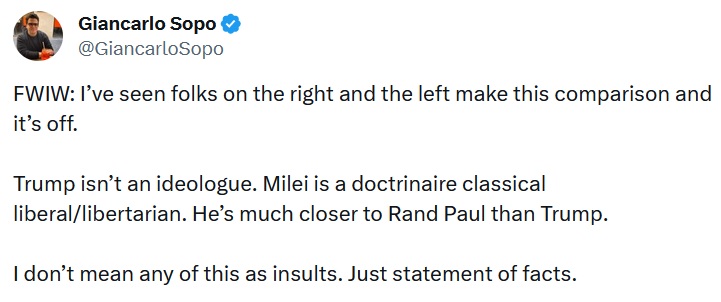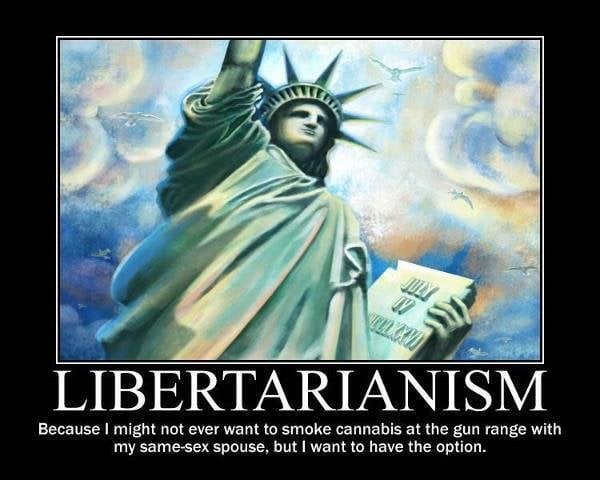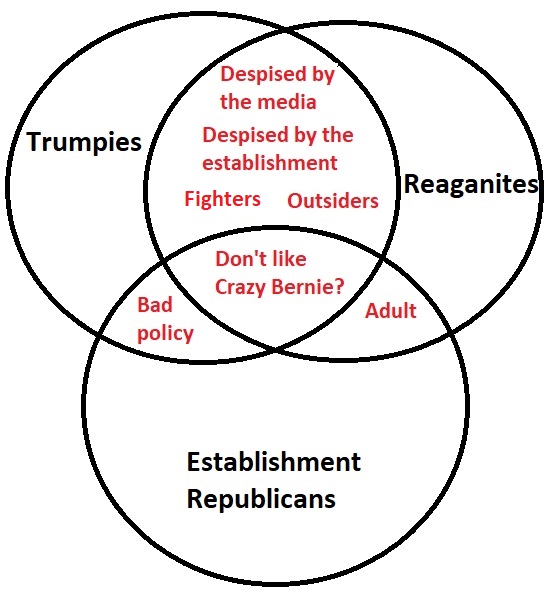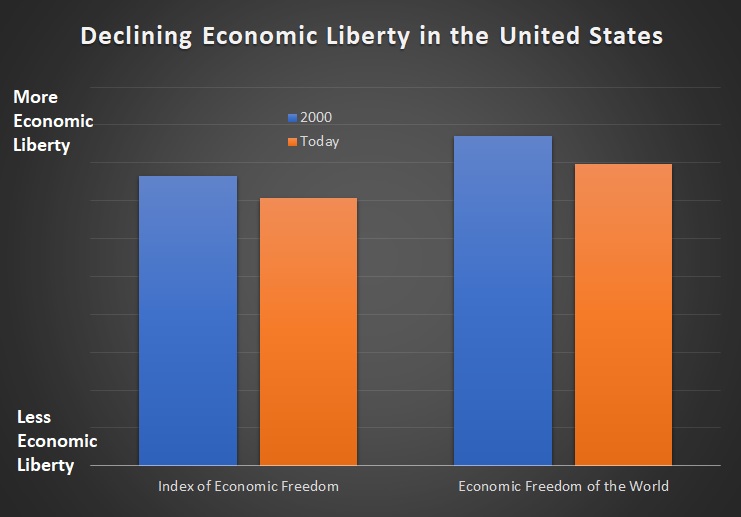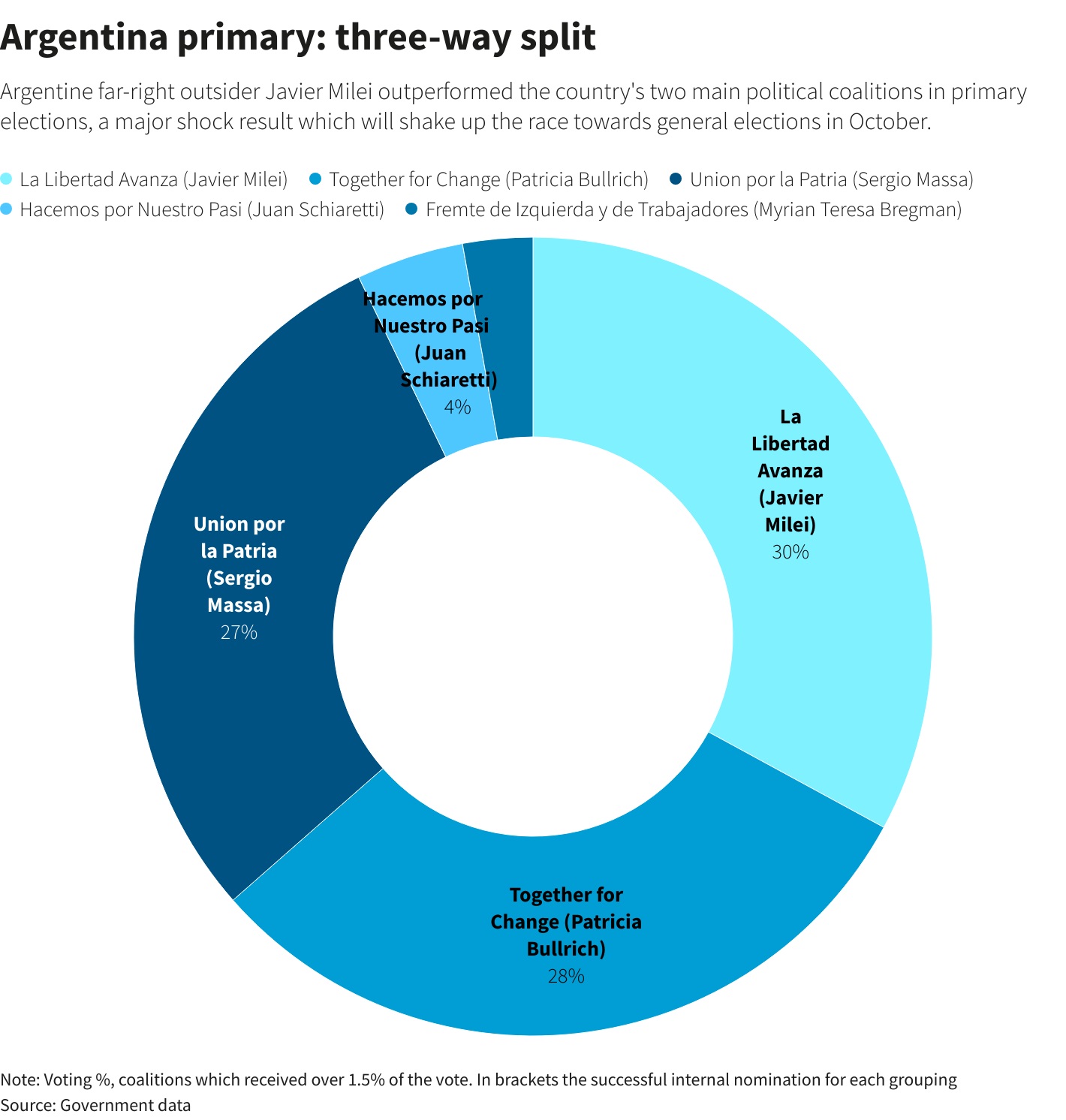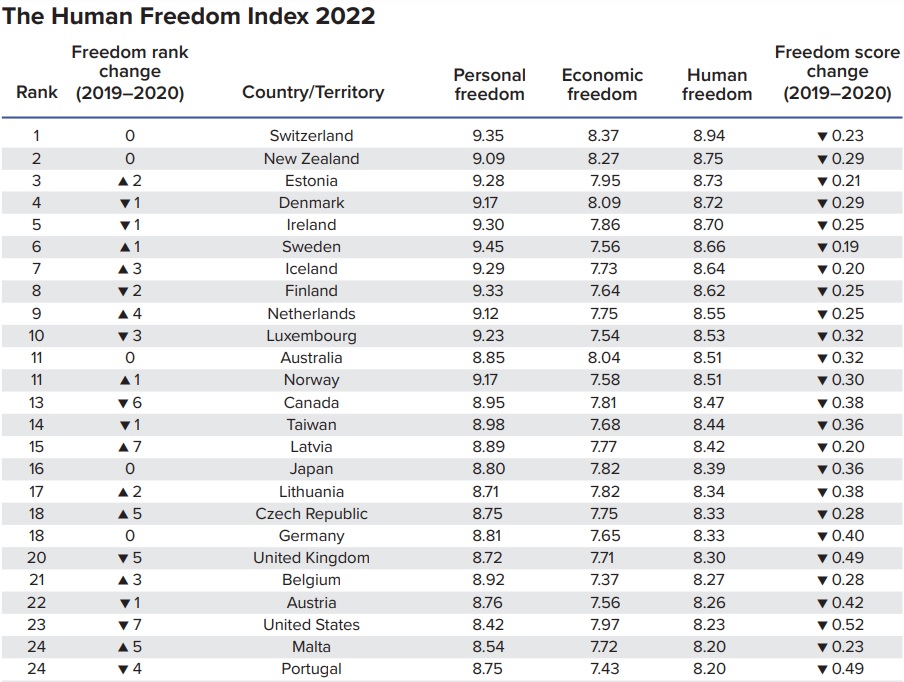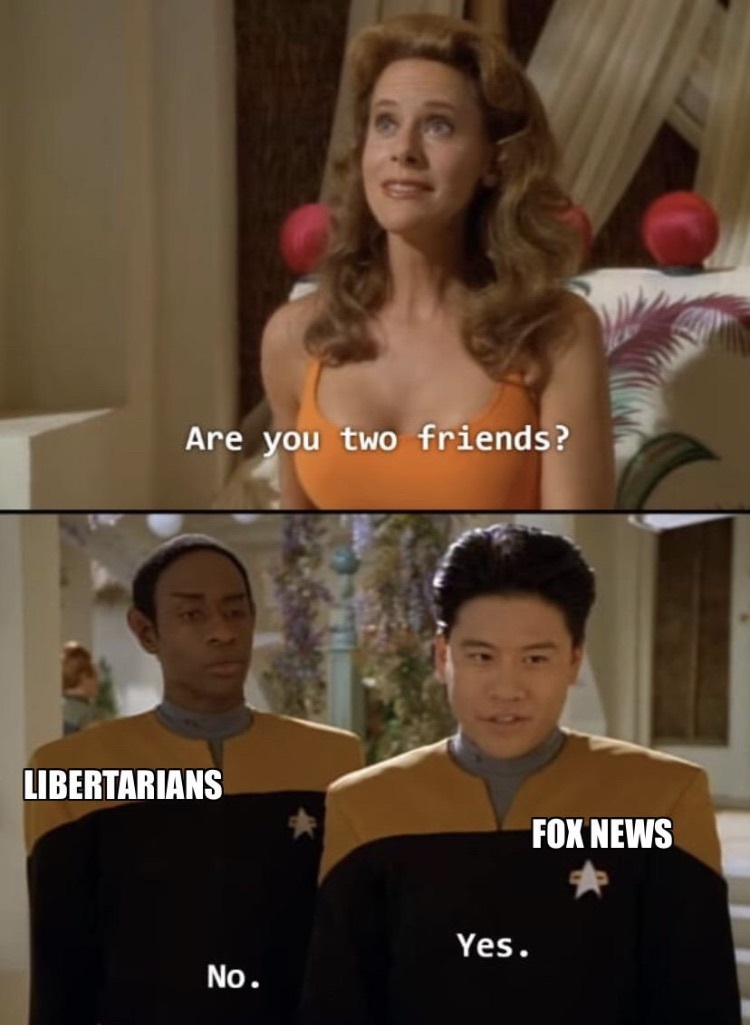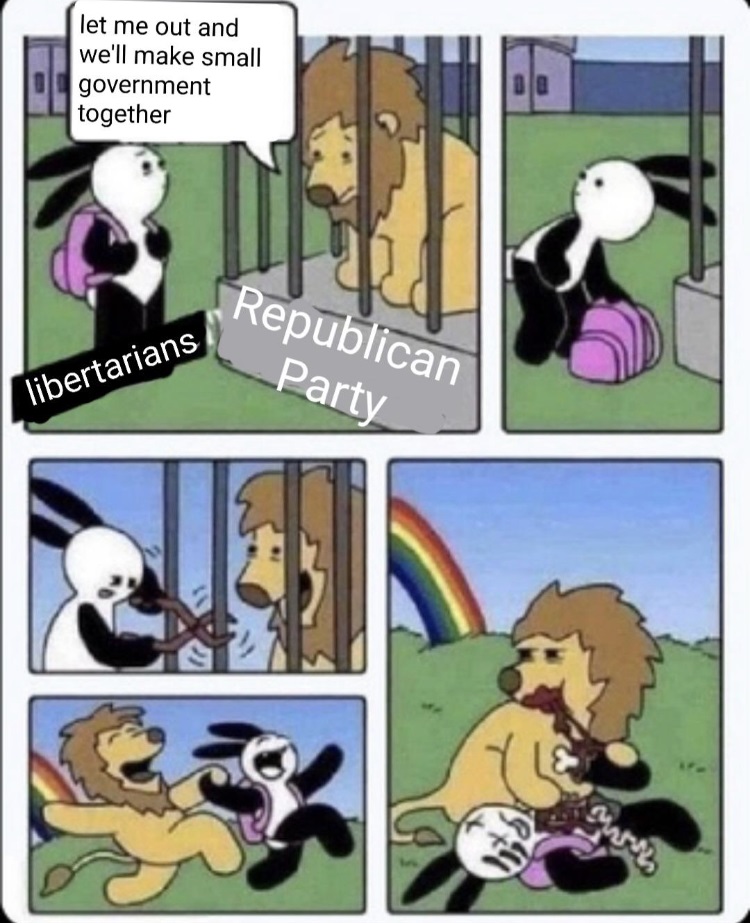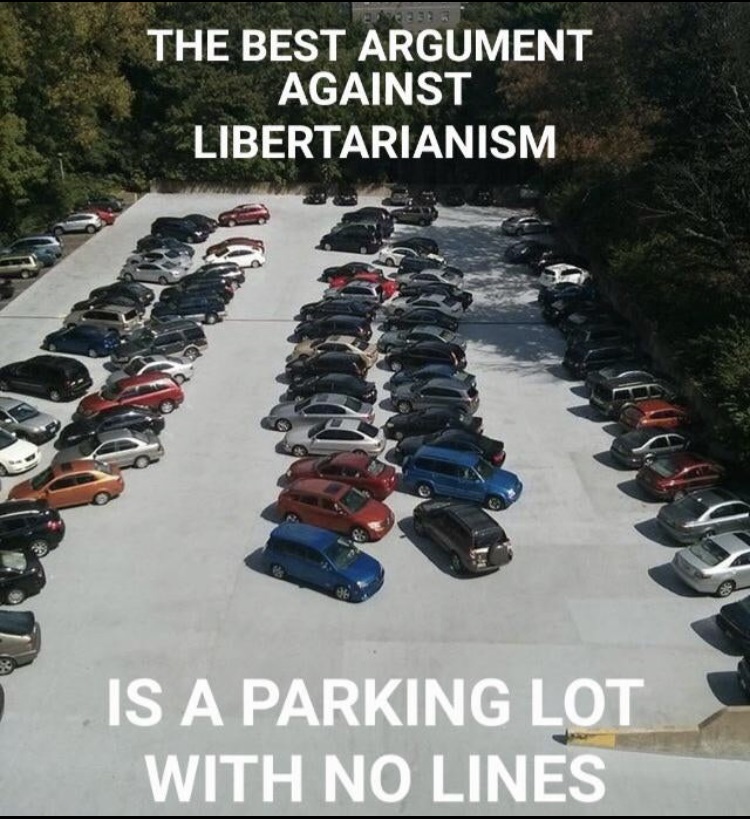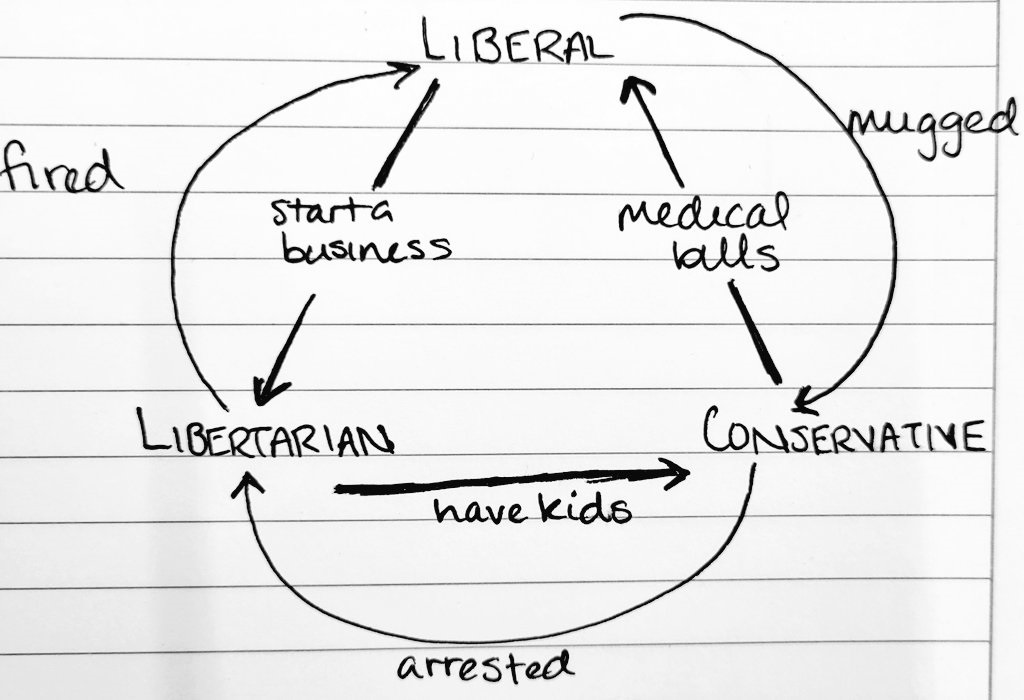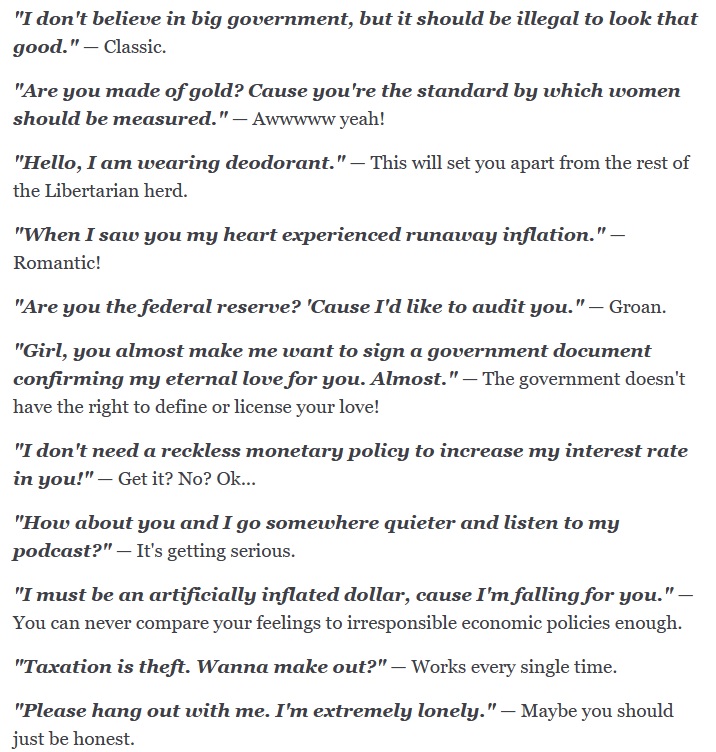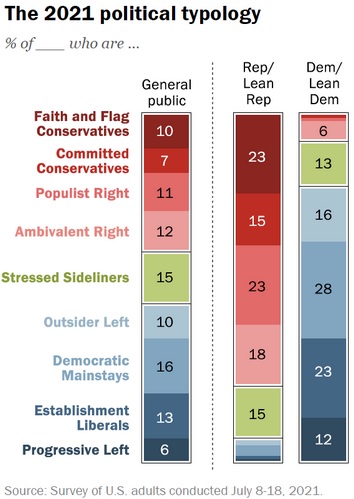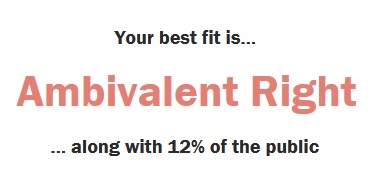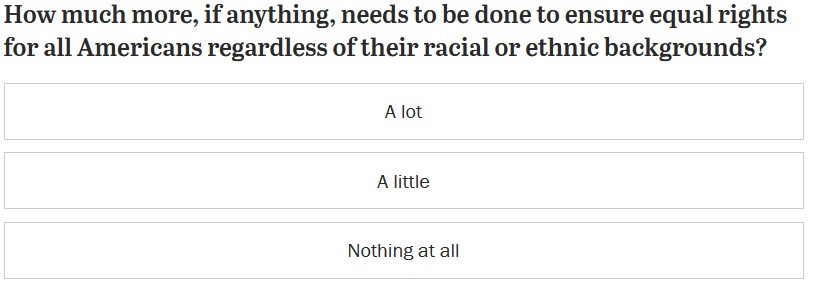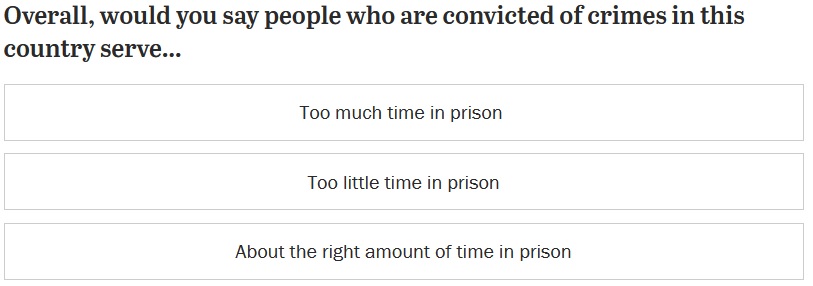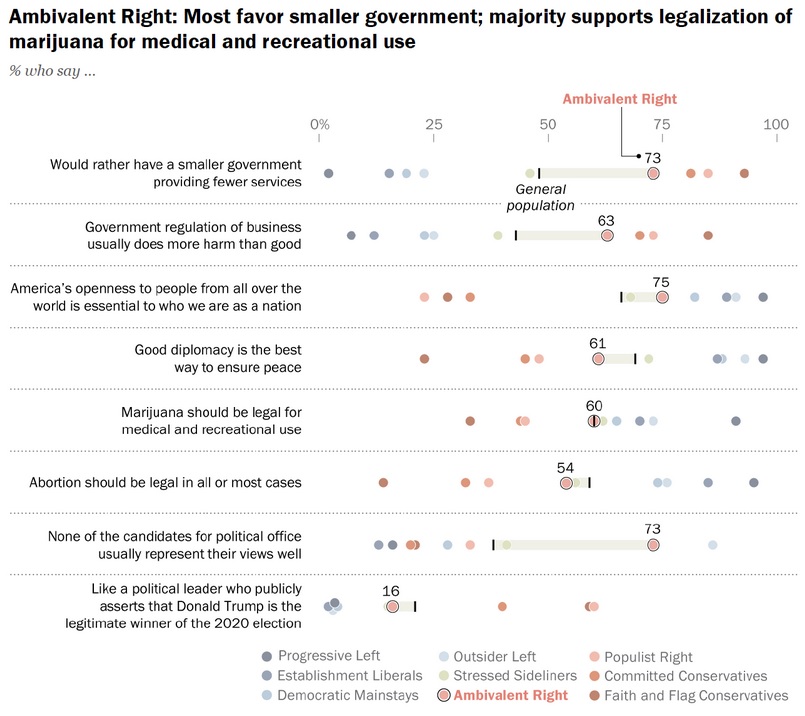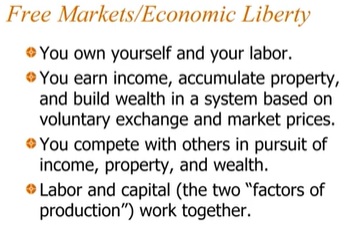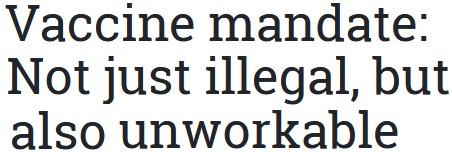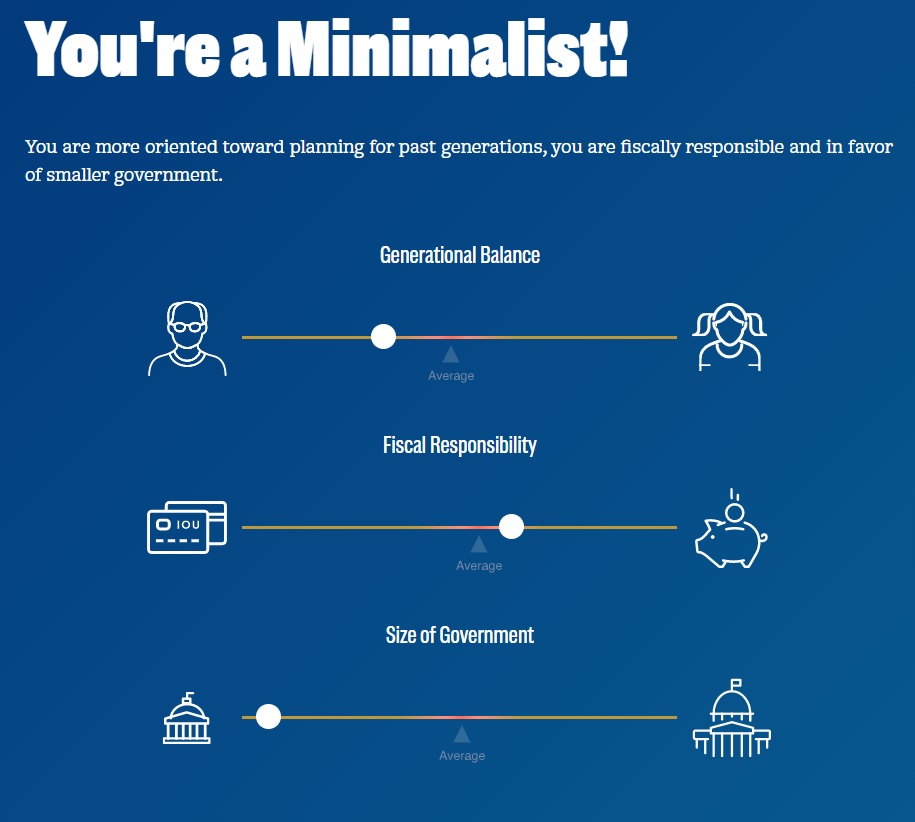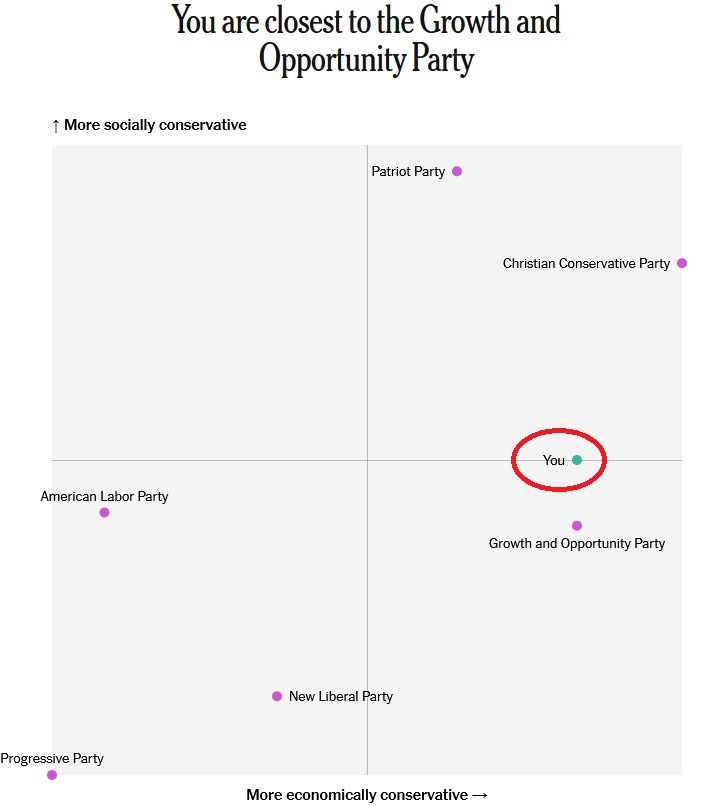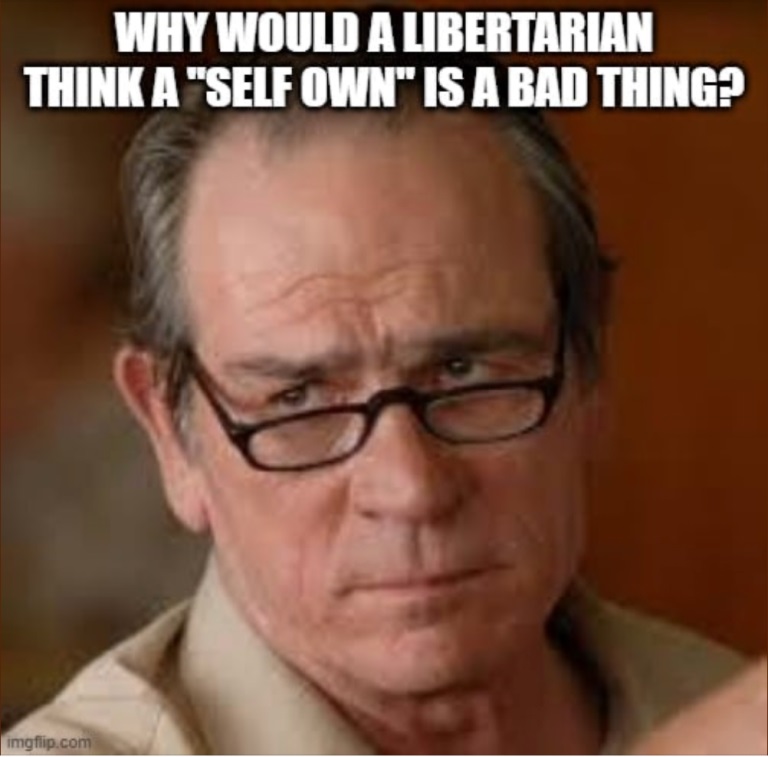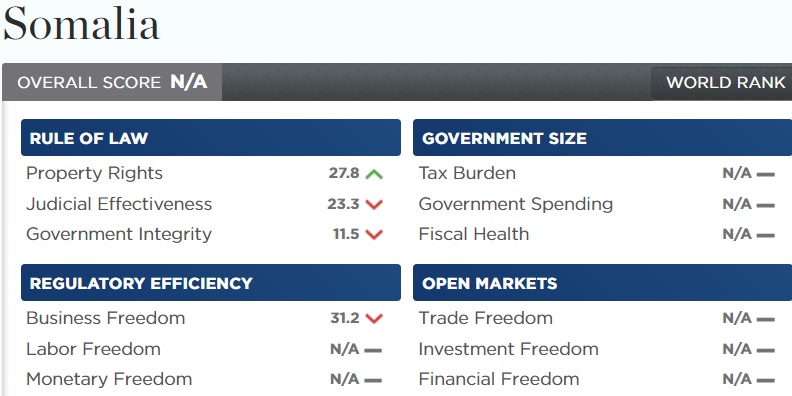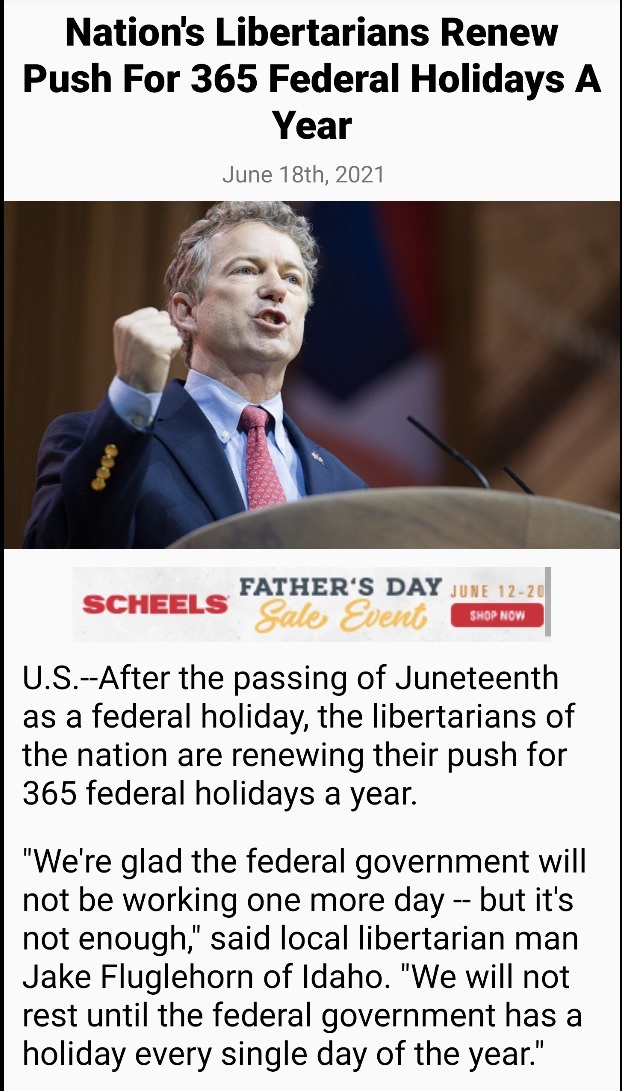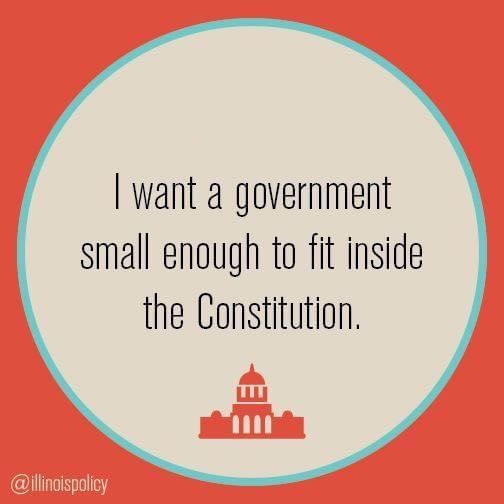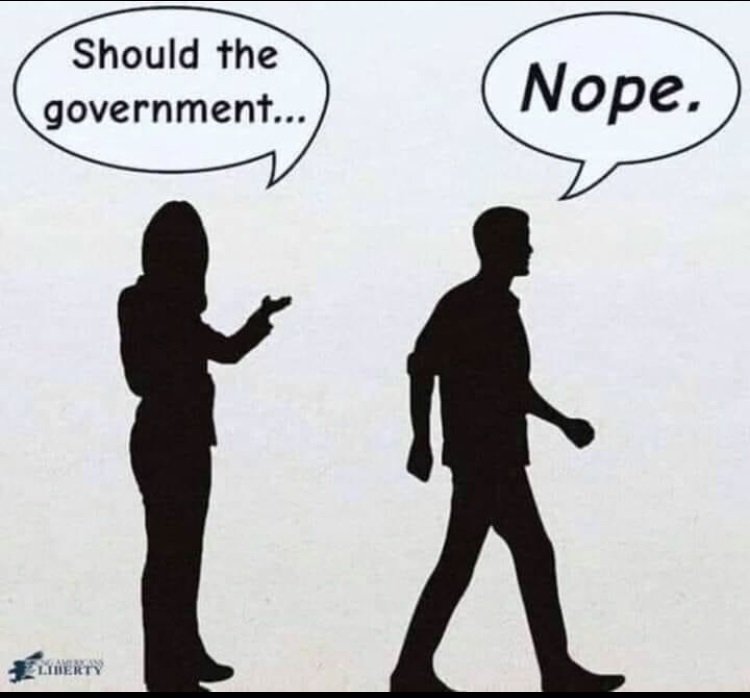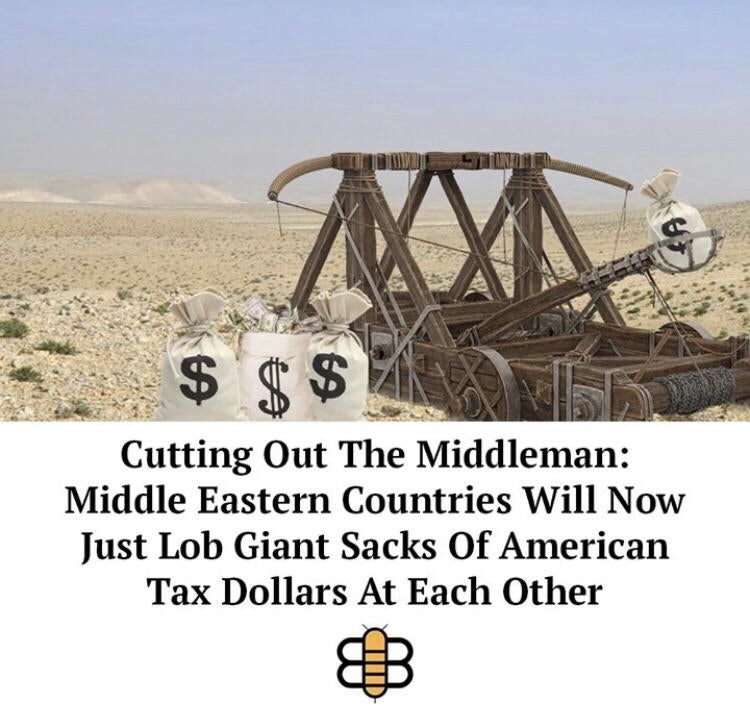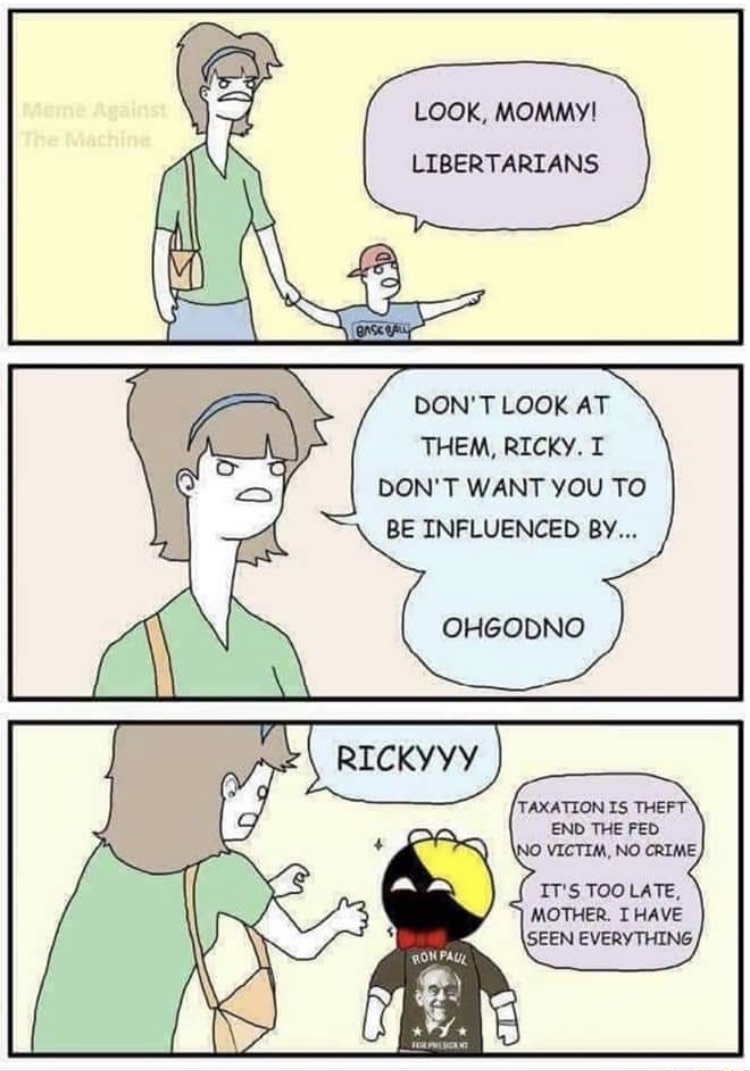A couple of weeks ago, I shared some good news about President Milei‘s efforts to rescue Argentina’s economy.
Here’s a bit more of my optimism.
You can see my entire interview on the Schilling Show by clicking here. If you do, you’ll notice I’m actually a mix of hope and fear.
The hope is based on Milei having the right ideas. I’m completely confident Argentina will enjoy an amazing economic renaissance if his policies are enacted.
The fear is based on the legislature still being controlled by the Peronists (the economic arsonists that drove Argentina’s economy into a ditch).
If you want to grasp how much damage was caused by the Peronists, check out these four visuals.
- A graph from the Financial Times
- A chart from the Economist
- A timeline from Human Progress
- A ranking from yours truly
If you want a fifth visual, check out this chart showing Argentina’s economic volatility
This chart shows two things.
- Keynesianism produces a boom-bust cycle.
- Average growth is very anemic.
The chart comes from a column in the U.K.-based Telegraph by Matthew Lynn. Here’s some of what he wrote about Milei’s noble efforts.
Argentina has historically been a country of failed governments, economic collapses, and debt defaults. Yet incredibly there are signs that – against all the odds – the bold, free market reforms of its libertarian President Javier Milei are beginning to work. With inflation falling, interest rates coming down, and the peso on fire in one market, Milei is already proving the global Left-wing economic establishment – addicted to bigger government and endless deficits – wrong.
Indeed, it may provide a template for other countries to escape from zero growth. …inflation has fallen to 11pc and Milei predicts it will fall further. While a monthly figure (this is Argentina after all), price rises may be coming back under control after soaring above 300pc annually. …the country had recorded its first quarterly budget surplus since 2008, a modest 0.2pc of GDP, but still an astonishing achievement in such a short space of time… The Ministry of Culture was axed, so was the anti-discrimination agency, and the state-owned news service. Only last month, he unveiled plans to fire another 70,000 state employees. …The president…tore up rent controls, price restrictions and state subsidies. …He ripped away fuel subsidies… He promotes freedom, liberalisation and a smaller state with a messianic zeal.
This is inspiring. A world leader that even Gary Johnson can admire.
P.S. Here’s one final excerpt from Mr. Lynn’s column.
The IMF…was too often a huge cheerleader for the failed Argentinian administrations of the past, extending the biggest loans in its history to the country.
In my humble opinion, the IMF wasn’t just a cheerleader for Argentina’s bad policy. It enabled those bad policies with more than 20 bailouts.
To be fair, however, the IMF is not trying to sabotage Milei’s efforts.
I guess the bureaucrats realize that their loans are more likely to be repaid if Milei can rescue the economy. And if they realize that, perhaps we can hope that the IMF goes back to the days of the Washington Consensus and starts pushing good advice rather than bad advice.
